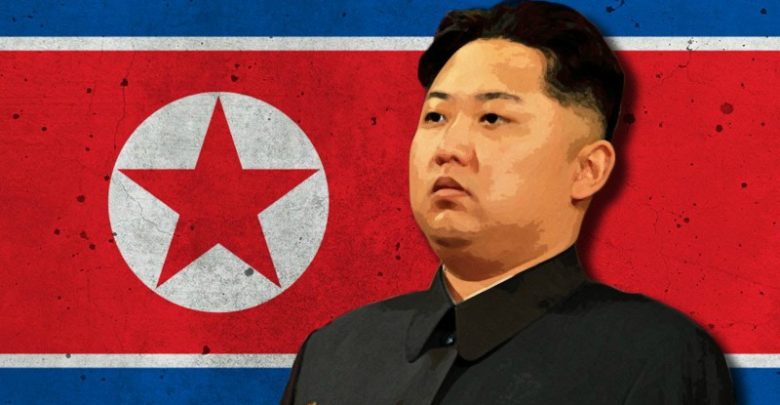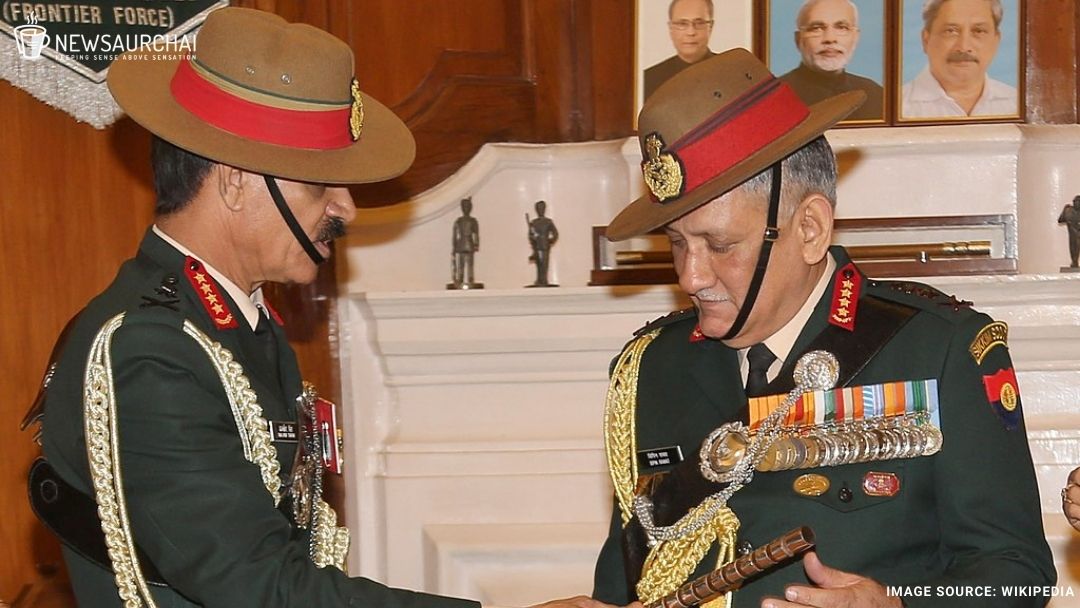Intolerance in the Hermit Kingdom of North Korea

If you think Indian society is intolerant, think again. There’s no doubt that over the past few years, especially with the ushering in of a pro-Hindu government, bigotry and prejudice in India are on the rise.
With a government preaching one-dimensional food and worship customs in a heterogeneous and culturally rich society like ours, one is the conviction that we are regressing into an era of ignorance and antiquity. Mobilising votes by appealing to the religious sentiments of people, prohibiting the consumption of beef, propagandising the necessity of a national language, declaring the worth of one religion over others, etc. are few of the many forms of intolerance that are most clearly visible in India today. Nevertheless, we have witnessed major strides in the attitudes of people; they are more open-minded and liberal, stressing the acceptance of differences rather than persecuting others dissimilar to themselves. By contrast, we have a society like North Korea, of which we have very limited information, which falls on the spectrum of the most intolerant countries of the world including Pakistan, Saudi Arabia, Iran and others.
Officially known as the Democratic People’s Republic of Korea, the country is a totalitarian state having strict control over all aspects of life by its dictator, Kim Jong-un. The official ideology of the country is called Juche which can be translated as ‘self-sufficiency and self-reliance in all spheres’. The Juche philosophy led the nation to its self-inflicted isolation from the rest of the world; global citizens are unaware of the conditions of life in the hermit kingdom of North Korea (rightly called so) and the citizens of North Korea are kept in the dark about the outside world. North Korea’s insulation not only led to severe poverty, economic hardships and a general lack of development but also resulted in the violation of basic human rights of a large section of the population. What’s worse is that there are very few official records of the abuses meted out to the people.
On record, North Korea is a secular state but the reality is far from different. The religious life of an individual is subject to the government’s scrutiny. Historically, the leaders of the country have been deified in the media. The people are made to believe that there is no higher power than the Supreme Leader and that he must be worshipped. Thus, any form of organised religion poses a threat to this propaganda. Followers of Christianity are brutally persecuted on a daily basis, especially the Catholic population. Many believers prefer to worship in the privacy of their own homes lest they are caught. The fear of persecution is so high that most parents today choose to not impart religious education to their children. It is not only the Christian community that forms a major target of the government’s tyranny. Buddhism is also threatened as is Confucianism albeit to a lesser degree. This is due to North Korea’s perception of Christianity as a Western-imported evil that seeks to destroy indigenous identities. Persecution takes the forms of extermination, rape and sexual violence, forced labour, imprisonment and extra judicial killings. The lack of public places of worship and the run-down conditions of existing ones is proof enough of the government’s deliberate negligence. Oddly enough, native religious practices like Shamanism and animal worship are an integral part of daily life; citizens rely on the advice of spirits for making small and major decisions ranging from setting auspicious dates for marriage to how one should furnish their homes.
It appears that the concept of human rights is alien to North Korea. The country has been severely criticised for its poor record of human rights by organisations like Amnesty International, Human Rights Watch, United Nations and the rest of the world. The government has a zero-tolerance policy toward political dissent; anyone who dares speak up against the leadership does not live to see daylight again. Freedom of speech and expression are curtailed by inciting fear in the minds of the people. Day to day activities such as what to wear, what to cultivate in farms, and what to read, etc. are dictated by the government. There is a total lack of the freedom of the press. Newspapers, radio and television can propagate only government-approved information. Social mobility is severely curtailed; a citizen’s rank is determined for life when he/she is born. Casteism, as in India, prevails. Basic civil rights such as the freedom of mobility are denied to the people; they are not permitted to travel freely within the country, let alone cross the borders. Minorities and the disabled have no safe haven to escape the brutalities inflicted upon them. They are treated as second-class citizens in their own country. Even foreign visitors have to be extremely vigilant so as not to offend the sensibilities of government officials. Looming terror dictates the everyday life of people living there; they can be persecuted for the minutest of crimes in the form of internment in forced labour camps to the handing out of a death penalty. Public executions are a common form of “teaching people a lesson”.
It is nearly impossible to verify data about North Korea due to its isolation. Most information on what we know about the country comes from accounts of refugees who have fled the country in the hope of better prospects as well as foreign tourists who have paid visits. In the latter case, however, foreign tourists, businessmen, journalists, etc. are subject to thorough scrutiny. They are presented with a rosy picture of the country in an attempt to maintain North Korea’s appearance as a self-sufficient nation. On the other hand, the government imports most of its basic necessities like food grains, fruits, medicines and other forms of aid. Governmental neglect is the highest form of intolerance toward the people. All in all living conditions are deplorable; most people cannot attain personal fulfilment during the course of their lives. An important theme learnt from the personal accounts of exiles is this – life in this reclusive nation is very arbitrary and bleak.






One Comment